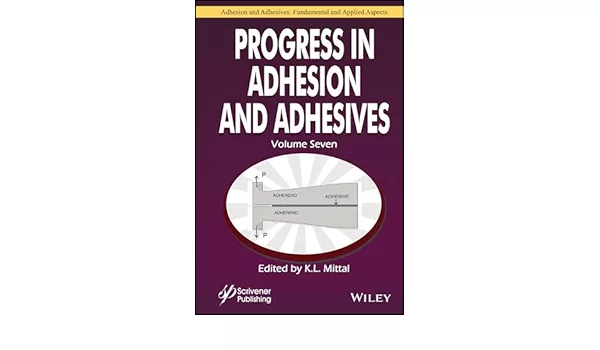EPA Finalizes Ban on Toxic Chemicals Used in Adhesives
.webp?t=1704834340)
The U.S. Environmental Protection Agency (EPA) has finalized new risk management rules for two hazardous chemicals, trichloroethylene (TCE) and perchloroethylene (PCE), which are used in adhesives. The new regulations aim to reduce exposure to these toxic chemicals, both of which are linked to health risks, including cancer, neurotoxicity, and reproductive harm.
TCE, a powerful solvent used in various industrial applications, including in adhesives, will be banned for most consumer and commercial uses, with most restrictions taking effect within a year. The ban will eliminate its use in products like sealants, lubricants, and paints, with the EPA noting that safer alternatives are readily available for these applications. Some industrial uses of TCE, including in the aerospace and medical device sectors, will continue for a longer period under strict worker protection measures to limit exposure.
Similarly, PCE, which is used in adhesives and other consumer products, will face stringent restrictions. The EPA's final rule includes a phaseout of PCE for most commercial and consumer applications, including its use in adhesives and brake cleaners, with a full phaseout expected in less than three years. The rule also mandates a ten-year phaseout for its use in dry cleaning, which has historically relied on PCE.
Both chemicals are classified as VOCs and have been linked to a range of health issues, including liver and kidney damage and various forms of cancer. Under the new regulations, the EPA is addressing long-standing public health concerns about these chemicals, which have been found in a variety of industrial products, including adhesives and sealants.
Senator Ed Markey (D-MA) celebrated the move, noting that these chemicals have been present in industries such as automotive repair and manufacturing, where they were used in adhesives and coatings. He emphasized that the ban will help protect vulnerable populations, especially children, from the harmful effects of exposure to TCE and PCE.
While the rules will eliminate the use of these chemicals in many products, they allow for some continued use in specific industrial settings where robust safety protocols are in place. These regulations are part of the Biden administration's broader efforts to reduce cancer risks and protect workers and consumers from dangerous chemical exposure.
The EPA has committed to providing guidance and support to businesses, particularly small companies that may be impacted by the new rules, to help them transition to safer alternatives.
Looking for a reprint of this article?
From high-res PDFs to custom plaques, order your copy today!




.webp?height=200&t=1704834340&width=200)
.webp?height=200&t=1685029884&width=200)
